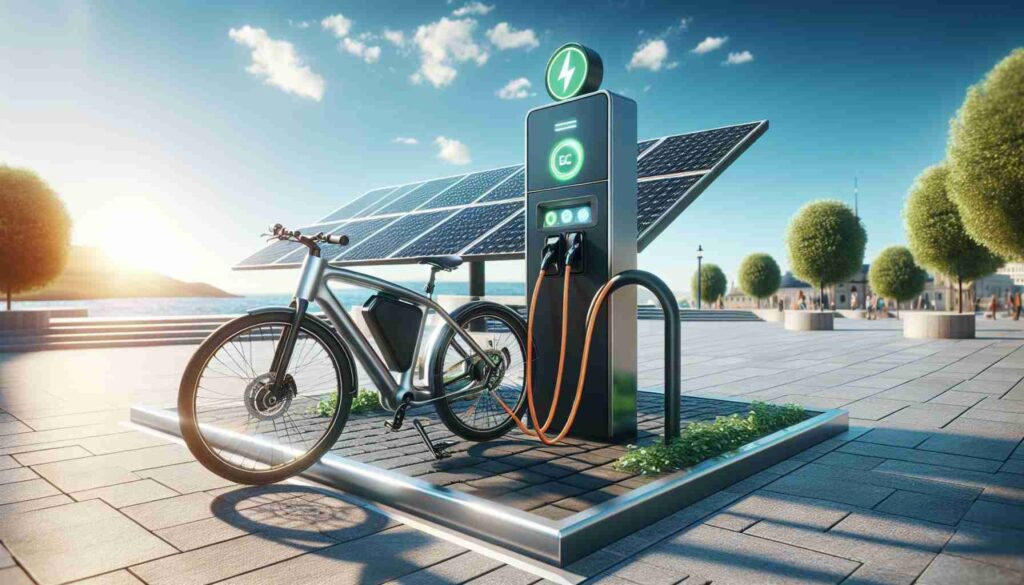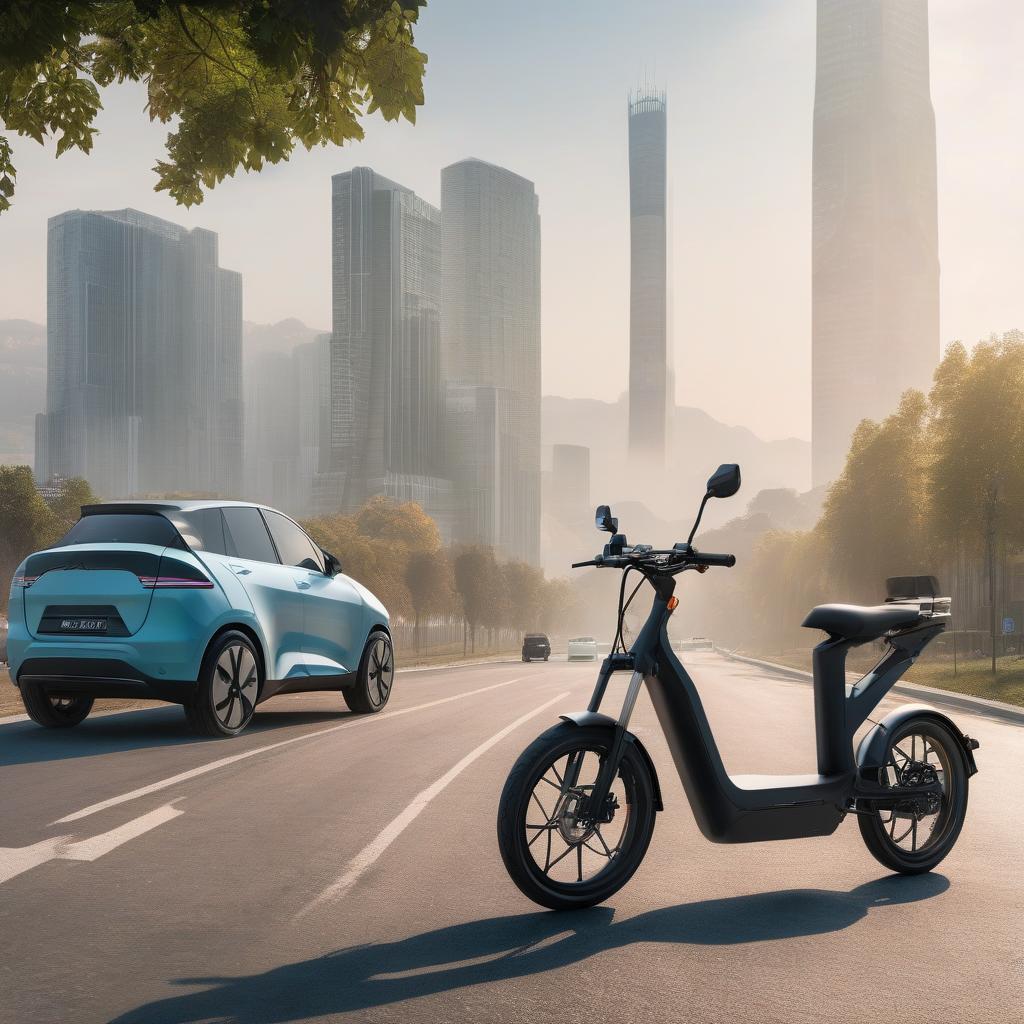The Future of Sustainable Transportation
As the world grapples with the challenges of climate change and urban congestion, the concept of sustainable transportation has gained momentum as a practical solution. Sustainable transportation encompasses various modes of transport that minimize environmental impact, conserve energy, and improve efficiency. Among the most promising developments in this area are electric bikes (e-bikes), electric cars, and solar panels integrated into transportation systems. This article explores the future of sustainable transportation, focusing on these innovations and their potential to transform how we move.
The Role of Electric Bikes (E-bikes)
E-bikes have emerged as a key player in the sustainable transportation landscape. Combining the convenience of bicycles with electric assistance, e-bikes make cycling accessible to a broader population. With concerns about pollution, health, and traffic congestion on the rise, e-bikes offer myriad benefits:
Environmental Benefits
E-bikes produce no tailpipe emissions and have a significantly lower carbon footprint compared to traditional vehicles. They contribute to reducing air pollution and greenhouse gas emissions, which are crucial for combatting climate change.
Health and Wellness
In addition to being environmentally friendly, e-bikes promote an active lifestyle. They allow users to cycle longer distances without physical strain, making commuting more feasible for individuals of varying fitness levels. This can lead to improved public health outcomes and a reduction in healthcare costs related to sedentary lifestyles.
Urban Mobility
E-bikes can alleviate traffic congestion, especially in urban settings. They occupy less road and parking space compared to cars and can navigate through crowded areas more efficiently, encouraging a shift away from single-occupancy vehicles.
Future Innovations
As technology advances, e-bikes will become even more sophisticated. Developments such as smart connectivity, improved battery technology with longer ranges, and integration with public transportation systems are foreseeable. Moreover, as cities expand bike lane infrastructure, e-bikes will become increasingly viable options for commuters.
Electric Cars: A Shift in Personal Transportation
Electric vehicles (EVs) represent a significant shift in personal transportation toward sustainability. With automakers increasingly investing in electric technology, this sector is set to grow exponentially. The future of electric cars looks promising for several reasons:
Decreased Emissions
Fully electric vehicles produce zero tailpipe emissions, which is a significant advantage over gasoline and diesel-powered vehicles. Transitioning to electric cars could drastically reduce urban air pollution and lower carbon emissions, particularly if the electricity used for charging is sourced from renewable energy.
Technological Advances
Innovations in battery technology are improving the range and efficiency of electric cars. Newer batteries are being developed to charge faster, last longer, and have lower production costs. As battery technology improves, the range anxiety associated with electric cars will diminish, making them a more attractive option for consumers.
Integration with Renewable Energy
Electric cars can complement the use of renewable energy sources. Residential solar panels can be used to power EVs, creating a self-sustaining energy ecosystem. As more homes adopt solar technologies, the possibility of charging electric cars with clean energy will become increasingly feasible.
Shared Mobility Solutions
The future also points toward shared mobility solutions such as electric car-sharing services, which can reduce the need for individual car ownership. These services can contribute to reducing congestion, lowering emissions, and minimizing the demand for parking spaces in urban environments.
Solar Panels and Sustainable Energy Integration
Solar panels are not only transforming energy production but are also playing an essential role in the sustainable transportation future. They represent a crucial method to harness renewable energy for powering electric transportation modes.
Solar-Powered Charging Stations
As the adoption of electric vehicles increases, the demand for efficient and sustainable charging infrastructure becomes vital. Solar-powered charging stations provide a solution by generating clean energy directly from the sun. These stations can be strategically placed in urban areas, enhancing convenience for EV drivers while promoting sustainable energy use.
Integration with Electric Transportation
Solar panels can be directly integrated into the design of vehicles, such as solar roofs on electric cars or e-bikes, allowing for supplementary power generation during the day. This integration can enhance vehicle efficiency and extend the range of electric cars, making them even more practical for consumers.
Offsetting Energy Demand
The relationship between electric vehicles and solar energy provides massive benefits for energy consumption patterns. When households utilize solar energy to charge their electric vehicles, they reduce reliance on grid electricity, especially during peak hours. This can help stabilize energy demand and reduce pressure on existing grid systems.
Conclusion
The future of sustainable transportation is bright, driven by innovations in electric bikes, electric cars, and solar panel technology. As these technologies continue to evolve, they promise to reduce ecological footprints, enhance urban mobility, and promote healthier lifestyles. Governments, businesses, and individuals must collaborate in adopting these solutions to create a cohesive, sustainable transportation ecosystem that can meet the needs of future generations. The transition to sustainable transportation is not just a goal; it is essential for ensuring a cleaner, healthier planet.



